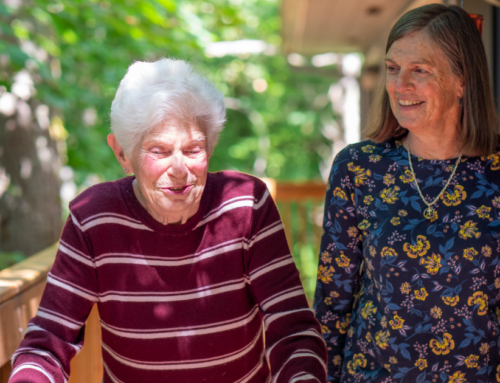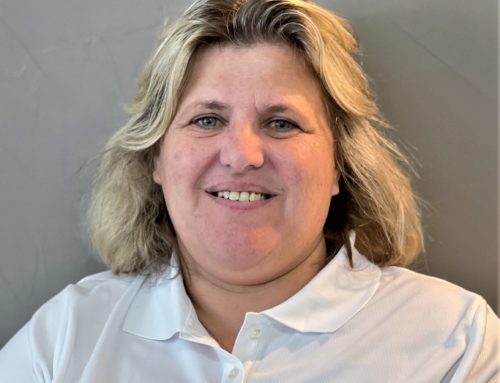People of all ages and abilities want to stay safe and independent at home. Many people over the age of 65 are happy and healthy at home, while some experience changes in mental or physical faculties that cause them to grow less independent with age. Others may have more serious illnesses such as cancer, stroke, Parkinson’s, or Alzheimer’s. When complications due to aging or more serious ailments begin to interfere with living self-sufficiently, having an in-home care professional to offer extra help may become necessary.
Home care services are also not just for seniors. There are many different scenarios in which home care can improve quality of life. The majority of our clients tend to be seniors with varying health conditions wanting to remain independent at home. However, home care may also be necessary for those needing transportation to or from a surgical procedure, temporary home care following a procedure to facilitate recovery, transitioning from one level of care to another, or people of any age struggling with everyday life due to a chronic illness.
In-home care can be broken down into the two following categories:
- One type performs custodial care — care for the aging and disabled that helps a person with activities of daily living (ADLs) such as bathing, dressing, feeding, and transferring. Custodial care also includes helping a person perform instrumental activities of daily living (IADLs). IADLs are tasks not involving physical contact with a client, but necessary for independent living such as light housekeeping, laundry, meal preparation and planning, shopping and errands, using communication devices (telephone, writing), and managing money. Most senior clients of Family Resource Home Care need help with both ADLs and IADLs.
- The other type of in-home care is medical home care, also known as home health care. Home health care is performed mostly by nurses and physical and occupational therapists. It involves skilled procedures such as wound care, IV lines and infusion therapy, managing medications, physical and occupation therapy, and skilled nursing care.
Private duty home care refers to the method of payment. Private duty home care services aren’t covered by Medicare or health insurance. With a few exceptions, they’re paid for privately by the client, or by long-term care insurance.
Interested in learning more about Family Resource Home Care? Click here.
Sources:






